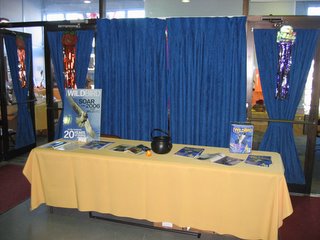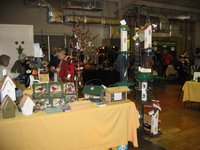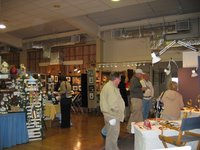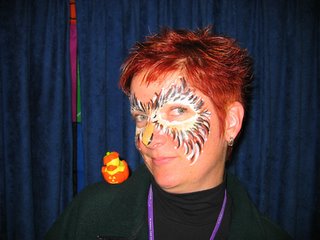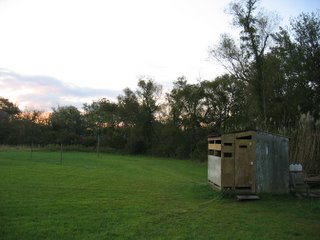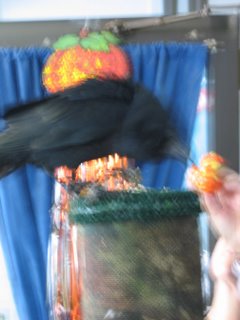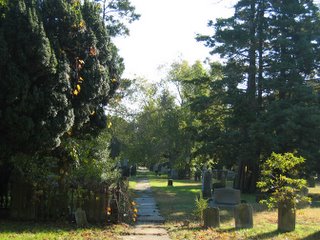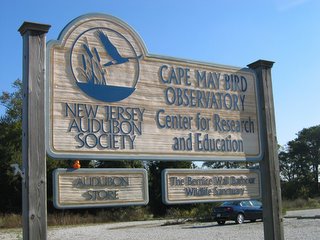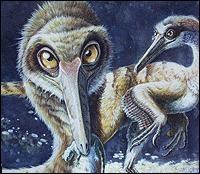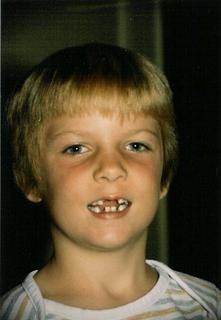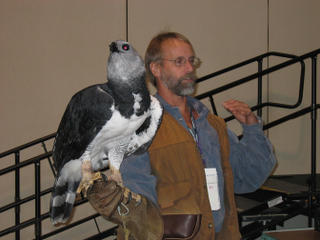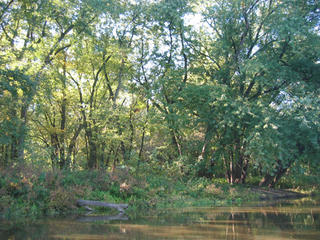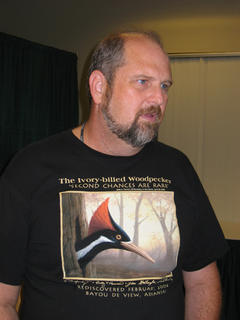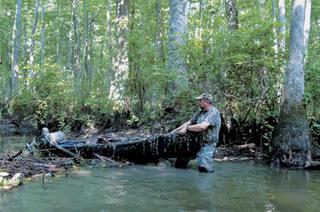During his speech at the Midwest Birding Symposium,
Al Batt of
Hartland, Minn., shared many funny anecdotes from his childhood and current life. He spoke of sitting on the front steps of his parents' farmhouse with his siblings and saying what they wanted to do when they got older. Al's sister said she wanted to make the world a better place, and his mom said she could accomplish that by doing good.
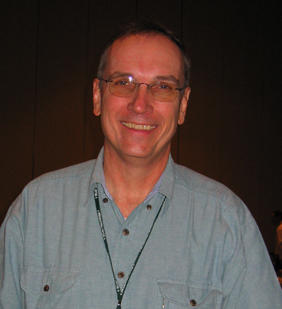
Al contends that one way to do good is to take a kid birding. "It doesn't matter if they want to go. Drag 'em out there," he jokingly said. Al cited
Dr. Seuss as one source of encouragement: "Oh, the places you'll go and the things you'll see!"
It's always a good time of year to take a kid birding, but consider making a special effort next year during National Park Week,
April 22-30. The theme is "Connecting our Children to America's National Parks."
Do you live near a national park? If you don't know where the closest one is, look for one
here. And please consider purchasing a one-year
National Parks Pass, a $50 investment in habitat that hosts birds and other wildlife.
When Al said to take a kid out to see birds, a grin appeared on my face. It reminded me of how Al became
WildBird's 2001 Birder of the Year. He'd written about leading a nature walk for some junior-high school students and introducing them to the wonder of birds by looking through a spotting scope.
WildBird's readers voted for Al to receive the five-day, four-night Birder of the Year trip to
Cape May, N.J. I had the pleasure of taking that trip with Al and his wife, Gail, and I laughed often and loudly. Getting to see Al at the symposium was a treat.
Have you voted for the 2005 Birder of the Year? The ballot appears in the
November/December issue on
page 39, and the deadline is
Dec. 1.
You can be eligible for Birder of the Year by responding to the questions posed in The Lister's Forum and Birder's Back Yard departments in every issue. If you put your hand to paper, you might win optics and a trip to a birding hotspot!
